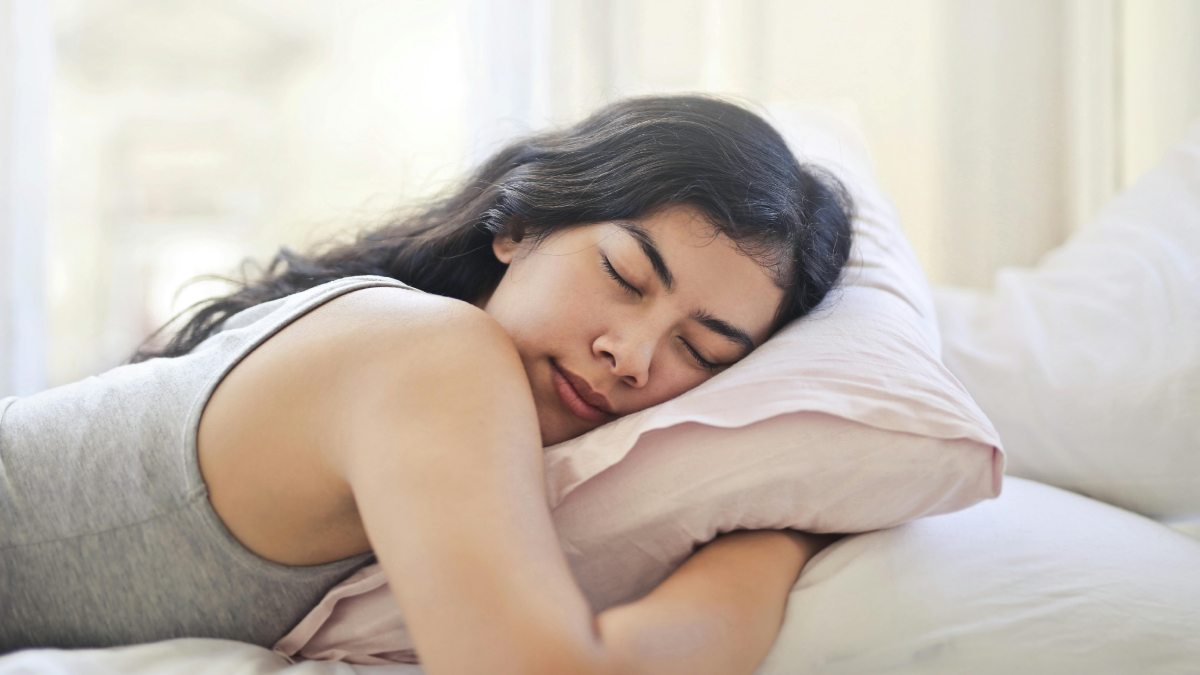Researchers at Stockholm University have found a direct correlation between sleep and how youthful or old individuals feel, according to a new study.
In the first phase of the study, involving 249 participants aged 18 to 70, researchers assessed subjective age by asking, “On some days you may feel older or younger than your calendar age. What age do you feel right now?” Participants also completed questionnaires on sleep quality. Results indicated that for each additional day of insufficient sleep, subjective age increased by 0.23 years, making participants feel older than their actual age. Conversely, those who reported getting enough sleep felt an average of 5.81 years younger than their calendar age.
In a subsequent phase, involving 186 participants aged 18 to 60, researchers conducted sleep restriction and saturation experiments over seven days. During sleep restriction, participants were limited to four hours of sleep per night for two nights, while during sleep saturation, they were allowed nine hours of sleep per night for two nights. Results showed that after sleep restriction, participants felt an average of 4.44 years older, whereas after sleep saturation, they felt an average of 0.24 years younger. Notably, those who felt four years younger reported feeling extremely alert, while those feeling six years older exhibited extreme sleepiness.
Lead researcher Leonie Balter emphasized the importance of sleep, stating, “Given that sleep is essential for brain function and overall well-being, we decided to test whether sleep holds any secrets to preserving a youthful sense of age.” Balter further stressed, “Safeguarding our sleep is crucial for maintaining a youthful feeling. This, in turn, may promote a more active lifestyle and encourage behaviors that promote health, as both feeling young and alert are important for our motivation to be active.”






